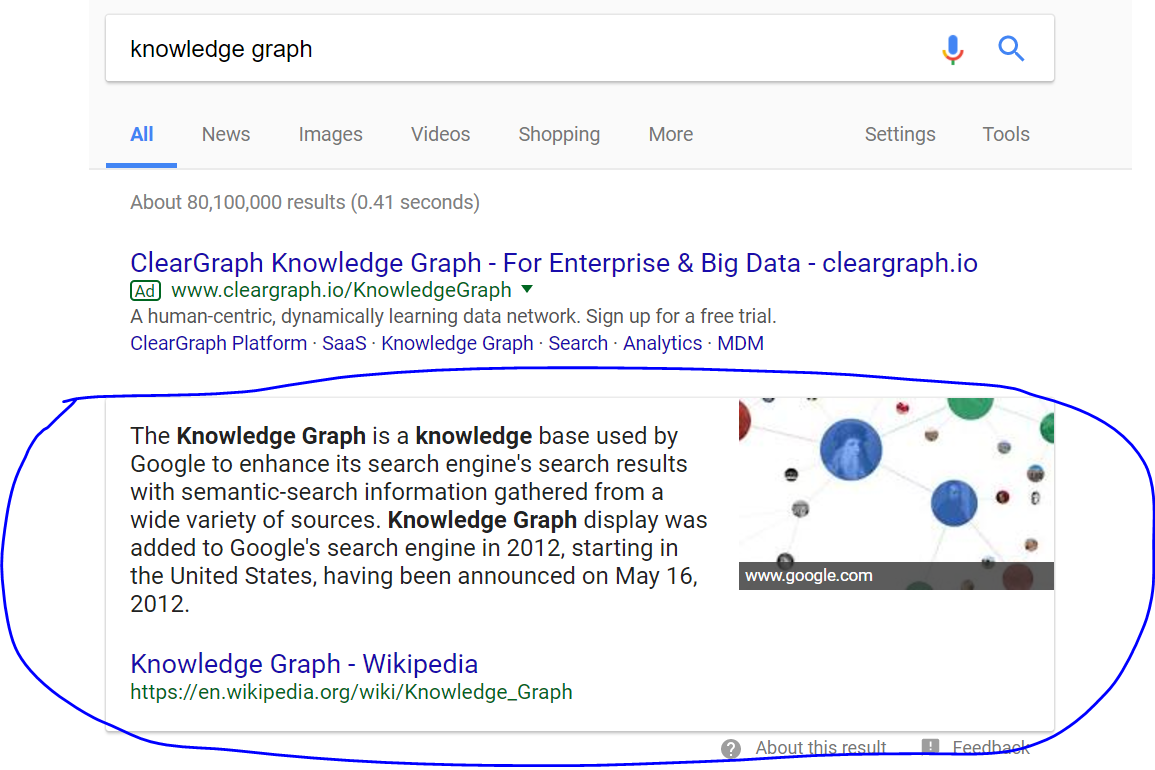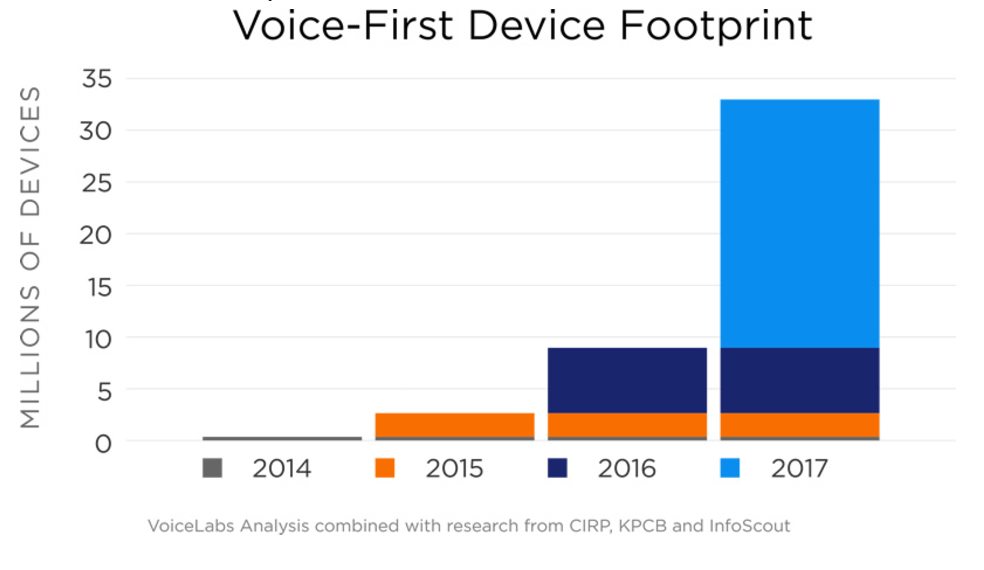Is SEO on its Way Out?
Marketers have always wanted to reach the right audience, so search engines have been a crucial element of internet marketing. People leverage search engines to find answers, to discover products and services, conduct research, or to simply entertain themselves. Search engines represent an opportunity for marketers to have their brand discovered by the right potential customers.
Search engine marketing (SEM) is a form of internet marketing that involves the promotion of websites by increasing their visibility in search engine results pages (SERPs) through the combination of pay per click (PPC) advertising, website conversion, landing page optimization, and search engine optimization (SEO).
As a component of SEM, Search engine optimization (SEO) is the combination of strategies, techniques, and tactics to increase the amount of traffic to a website by obtaining a higher site rank in the SERPs (like Bing, Yahoo! And Google). Because SEO is “free” and effective, it’s become a go-to tactic for marketers looking to increase their brand awareness on the web.
Lately, discussions around “the death of SEO” have increased due to search engines rewarding advertisers who “pay-to-play” through pay-per-click advertising. While calling this shift “the death of SEO” seems a bit extreme, there is certainly a case to be made for it - especially when referring to Google, where more than three-fourths of all searches are conducted:
1. Google has changed the way that it returns results.
“Google will keep reinventing itself to give you all you need for a simple and intuitive experience. At some point, pulling out a smartphone to do a search will feel as archaic as a dial-up modem.”
- Amit Singhal, Former SVP and Software Engineer at Google
It seems that Google has become synonymous with innovation.... And innovation has become synonymous with disruption. In this quest for the most simplistic and intuitive experience for users, Google has shifted the ways in which it presents search results:
Knowledge Graph - Many people have seen instances of Google’s Knowledge Graph, that offers users a convenient way to get commonly searched questions answered right on the results page. Knowledge graph has decreased the impact of search engine optimization by eliminating the need for users to visit a webpage to find the answers to their questions.
Machine Learning - Google also leverages machine learning to return results relevant to the searcher, taking into account their device, their location, their query, their personal preferences, and the manner in which they search (IE: voice search versus typing). Machine learning adds many variables into the SEO equation, making it more difficult for marketers to pinpoint best practices.
Changing Algorithms - Each iteration of Google’s algorithm shifts the way Google presents its search results. The latest iteration, called the Hummingbird, adds in semantic web technology, which basically means that the algorithm factors in user intent in addition to their search query. This makes Google better-equipped to understand conversational and voice search queries. This algorithm places less weight on historically important elements of SEO like title tags, metadata, etc.
2. Paid ads are encroaching on organic search territory.
While SEO still leads the way in impacting lead generation for companies, paid media is definitely on the rise. Not surprisingly, Google has subtly tweaked its interface to reward paying advertisers and to discourage users from clicking on organic results. These subtle tweaks include:
Primary Ads - Now that mobile search traffic has surpassed desktop search traffic, Google’s “Primary Ad,” which takes up the majority of the space above the fold (and thus, the majority of a user’s attention) can have a much larger impact on organic results.
Increased number of ads visible at the top of the page’s search results - Since early 2016, Google has allowed up to four ads on the top of the results page, forcing organic results to show up below the fold on mobile devices.
Less organic results on the first page - The average amount of organic results on the first page has dropped from 10 to between 8-9.
Prioritization of paid advertiser content on commercial queries - If someone searches with a query that could return commercial results organically, Google seems to replace commercial results with news and informational articles, giving the paid ads the only commercial real estate on the results page.
3. People are engaging with search engines differently.
With mobile search surpassing desktop search, less screen space means less space for organic results. In addition to mobile devices, other emerging technologies like Google Glass, smartwatches, and devices that offer voice search or virtual assistants (IE: Siri, Amazon Echo, etc.) are gaining traction and impacting search. Over 60% of people want more results available via voice search and to avoid having to visit a web page. When using a device like an Amazon Echo, searches return only one result to the user.
The Case for SEO Survival
Just because changes are on the horizon for search engine optimization does not mean that marketers should abandon SEO altogether. Instead, marketers should treat SEO as less of a marketing tactic and more as a line-item on the content creation checklist. When making the case for SEO to company executives, it’s important to help them understand that SEO is a slow-moving, long-term investment while highlighting the advantages of having a sound SEO strategy:
SEO helps boost paid search efforts.
A 2011 Google study showed that when a paid search ad showed up on the same page of an organic result, the website had a higher click through rate (CTR). When SEO and PPC are used in tandem, the results are amplified. Better click-thru rates and lower bounce rates and keyword quality scores will help marketers get more bang for their buck when it comes to their PPC strategy.
Quality content still gets visibility on search engines!
In a 2016 Similar Web report on Search Marketing, paid search comprises 5% of search traffic, with organic still winning 95% of the time. This shows that people trust organic search results more. Providing interesting, relevant content still works in building credibility with target markets.
If your brand needs help with SEO, PPC, or Analytics, we would love to connect you with a specialist marketing agency. Learn more //





